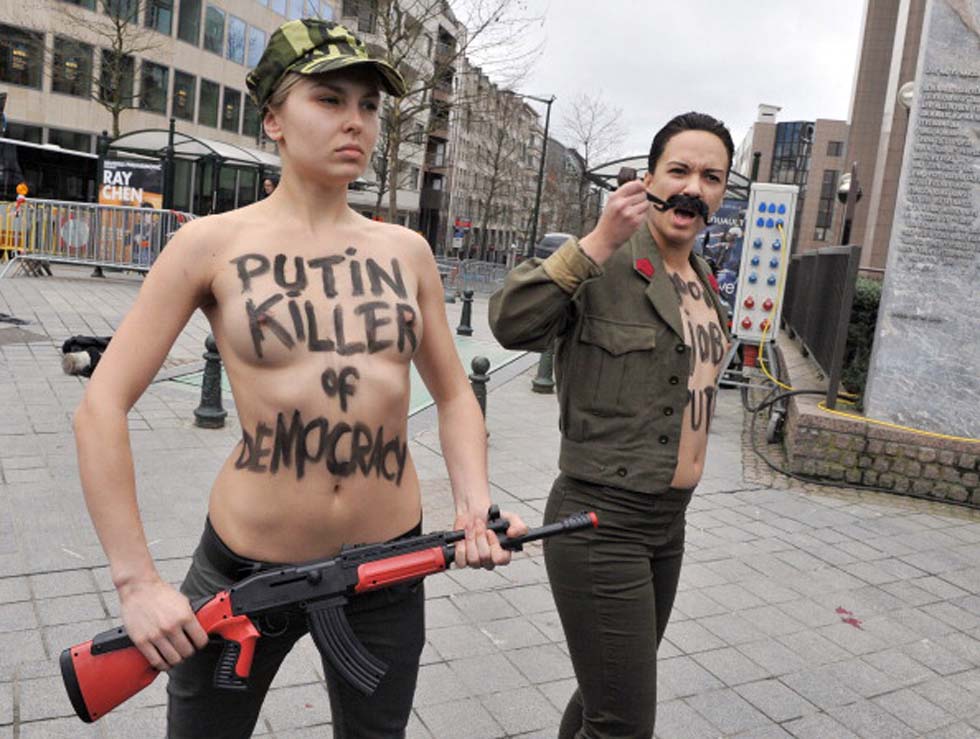Many articles dealing with the conflict in Ukraine are either from the point of view of a political activist, random citizen, or of a government official. The article “Mud and Loathing On Russia-Ukraine Border” tells the story from that of the Russians who live closest to the border, and they have very different ideas regarding the reason for troubles between the two countries.
Russia and Ukraine share a boarder that stretches about 1,345 miles, and the borderland between the two countries on the Russian side seems to have a very candid view of Ukrainians, which seems to have been in effect since the fall of the Soviet Union. This cannot be said, however, for all Russians living near the border, as a few of them have not felt, nor do they feel now, any animosity towards their Ukrainian neighbors. There are however, many in the forbidden zone going back to the old Soviet idea of searching for enemies that can be blamed for the conflict.
The most surprising part of this article is the repetition of the idea that Ukrainians have been taught to hate Russians, but it seems the other way around. One of the people interviewed even called them fascist and compared Ukrainians to Nazis and Hitler. In reality, at least from an outsiders perspective, it seems as though the FSB, successor to the KGB, is using propaganda to promote hatred toward Ukraine by Russians. They see Ukraine’s fighting the invasion by Russia as a hatred by Ukrainians of all things Russian, therefore churning more hatred toward Ukraine. But thats not to say the same thing isn’t happening all over Ukraine…

But the feeling of hatred toward Ukraine from Russia seems to be a more prominent and respected feeling, and to say the least, is backed by a much larger and stronger military force.
The only way to look at this from an outsiders perspective is to try and see both sides of the story: Yes, Ukraine was part of the Soviet Union, and after the fall the people of Ukraine did try and spread themselves away from anything that was Russian. But looking at Russia from a Ukrainian perspective, especially with the evidence included in this article, the population still seems to have a very high proportion of people with Soviet ideas. From the Russian perspective, its hard for Russians to agree with Ukrainians, the people who took the capital of their beloved Soviet Union away from them and created a capitalist government almost overnight, while they still remained under a seemingly communist government.
In the plainest language possible, it looks as if the Ukrainians took the Russians lego castle, and now the Russians want it back.

